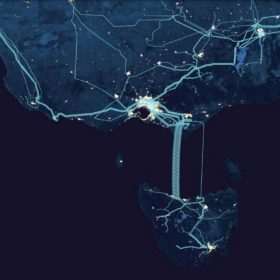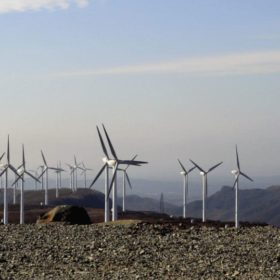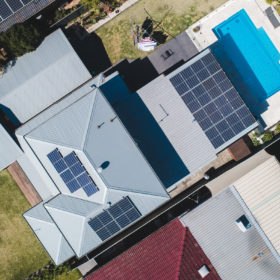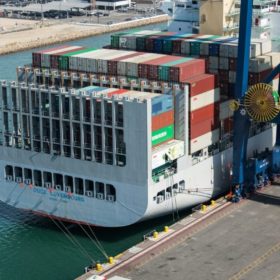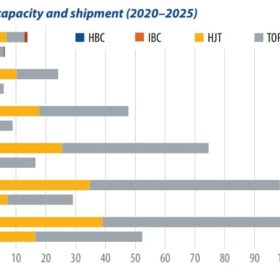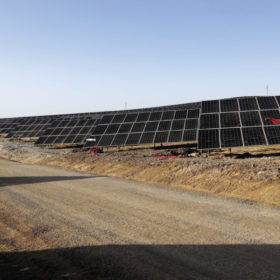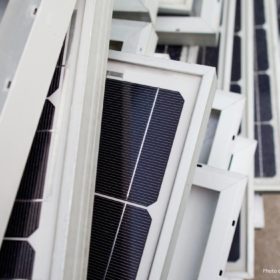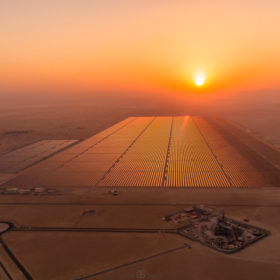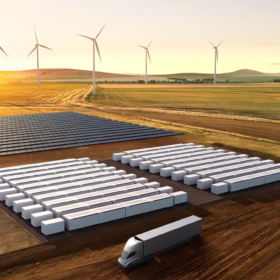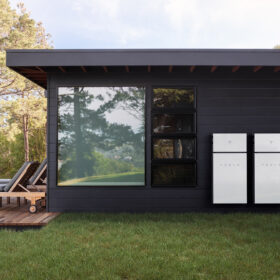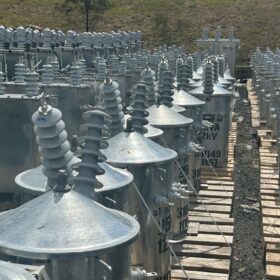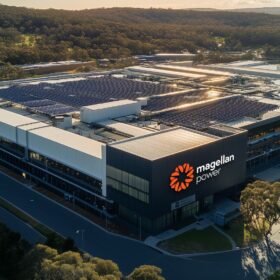Marinus Link bolstered by new reports attesting its potential benefit across NEM, but who should pay?
New reports and modelling has led TasNetworks to further push its largest of four possible Marinus Link versions. The largest, a 1,500 MW interconnector between Tasmania and the Australian mainland, is being shown to provide benefits across the entire NEM through grid stability and downward pressure on wholesale electricity prices. But there is still some discussion about who should pay for it.
Solar fire prevention hinges on data
Nobody wants their PV systems to catch fire, but little is known about how to actually prevent such incidents.
CO2 pricing may prevent cannibalisation effect of wind and solar
Conventional incentives such as renewable portfolio standards, feed-in tariffs or feed-in premium payments may lead to a price cannibalisation scenario for wind and solar, according to a new study from a German-Swedish research group. CO2 pricing is, however, considered an efficient tool to maintain their market value high enough to ensure new investments. A total system cost approach, rather than an LCOE perspective, is needed to understand the strong dependence of market value on policy choice though.
ACCC report shows solar is economic winner in NEM
The economic benefits of rooftop solar PV have been reinforced by the Australian Competition and Consumer Commission, with a new report revealing solar customers in the National Electricity Market are paying about 30% less for their electricity than their non-solar counterparts.
Biden’s US ban on solar imports from China’s Xinjiang province stirs strong reactions
The Biden Administration’s decision to ban solar imports from four Xinjiang-based polysilicon manufacturers, Hoshine Silicon, Daqo, East Hope, and GCL New Energy Material, has already raised concerns. One analyst warns of a “significant negative impact” across the U.S. solar industry.
Sunday read: N-type cell development
This year, PV cell manufacturers will face the challenge of transformation. Apart from adjusting the ratio of production for different-sized cells, some manufacturers are turning to next-generation opportunities, shifting investment from p-PERC to n-type technology. PV InfoLink Analyst Amy Fang discusses the issues facing n-type cell development this year.
Saturday read: Rapid growth becomes new normal
Despite the impact of the pandemic and associated economic crisis, 2020 saw unprecedented growth in the solar market. With the International Energy Agency stating that high rates of capacity additions are the new normal, has the energy and investment environment fundamentally changed? Felicia Jackson in London explores these issues.
ACT investigates solar PV stewardship scheme as government puts deadline in place
The federal government’s revelation of a deadline for the solar industry to “step up” and address the growing issue of solar PV module waste or face regulation has coincided with the Australian Capital Territory government announcing plans to investigate recycling options for solar panels.
‘Low-cost renewable hydrogen may already be in reach’
If the three record-busting low solar price tariffs recorded in the Middle East in the past 18 months are to be believed, renewables-powered hydrogen in prime sites in the region could already compete with gas-plus-CCS production, according to IRENA. Has the Gulf discovered the new petrol?
Gransolar Group’s Dalby hybrid solar+storage project is a wholly inside job
Spanish EPC Gransolar Group’s four member companies across the entire value chain are combining on its first hybrid power plant. The 5 MW solar + storage hybrid power plant near Dalby, Queensland, will supply solar energy to grid service provider Ergon while also taking advantage of all the other revenue streams available to energy storage projects.
